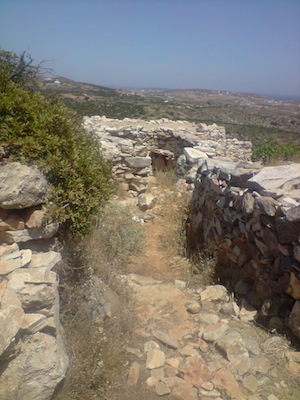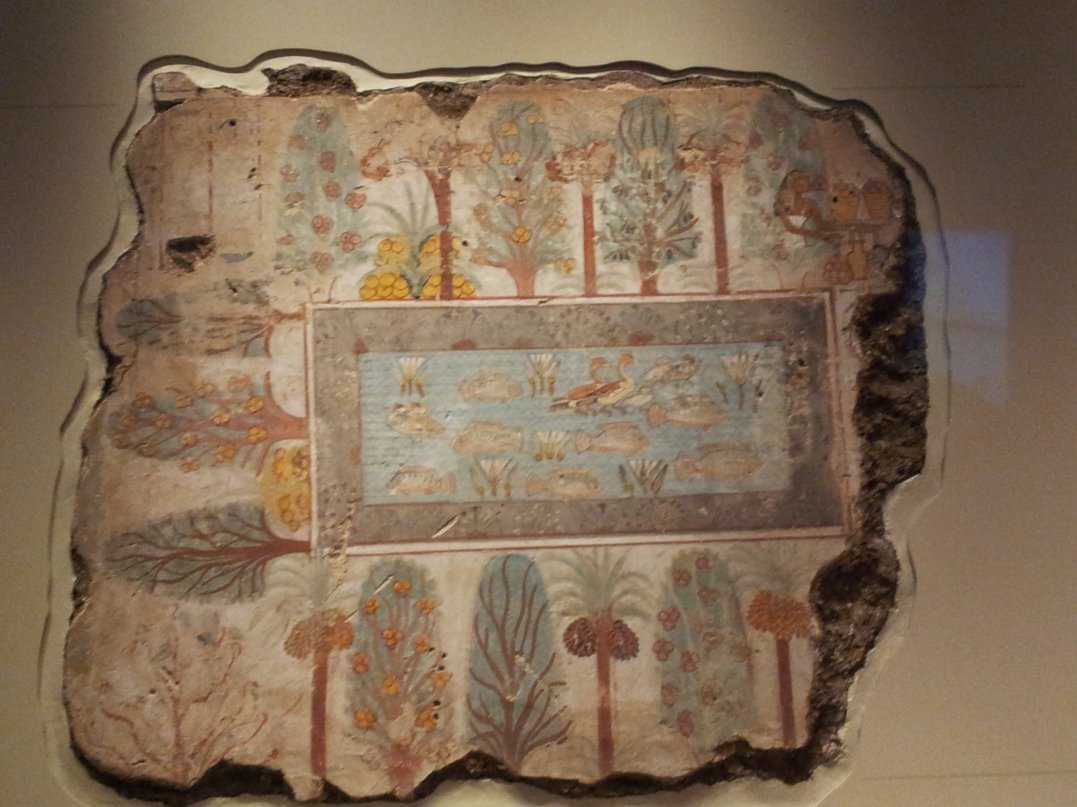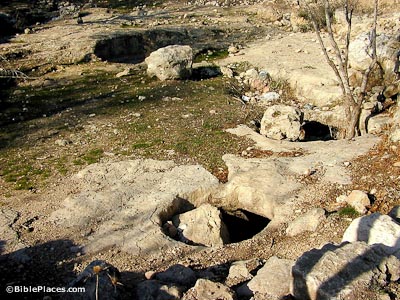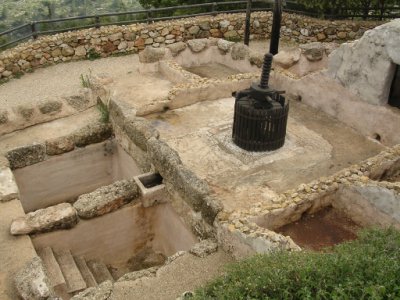Right, time to catch up with the Versatile Blog award passed on to me by Helen Hollick (http://ofhistoryandkings.blogspot.co.uk/). The guidelines for this are:
- Display the Award Certificate (copy and paste from one blog to the next) – here it is…

- Write a post and link back to the blogger who nominated you – Helen’s blog at http://ofhistoryandkings.blogspot.co.uk/
- Post seven interesting things about yourself — these are listed below
- Nominate up to fifteen other bloggers (and why you’ve nominated them) – also listed below
- Inform them of their nomination (probably via comment on their blog unless you have their email!) – about to do this
Now, trying to think of fifteen blogs I regularly follow is not easy. Still less when you cross out the ones who have already joined in this. So, I am going to lean heavily on the “up to” qualifier…
Seven interesting things
Well, I decided this didn’t have to be seven things nobody knew, which would be either extremely difficult or overly exposing! Here we go… some of these may already be familiar to you.
- I first got interested in the ancient Near East through the twin routes of Christianity and chronology. But the chronology side soon yielded to the vastly greater allure of language and poetry, for which I retain a great love – really, there was no contest once I could appreciate the poetry on its own terms.
- I love learning how languages work, ancient or modern, but am lazy about learning vocabulary, so never get anywhere near fluent. My latest excursion, spurred on by wanting to communicate with workmates in India, is Hindi.
- I started to enjoy reading as a child, and for many years the public library in Godalming was a favourite destination, along with a wide range of books at home. My Narnia books have a cover price of 3 shillings and 6 pence in the UK’s pre-1971 old money (17 1/2 pence new money, or about 27 cents US for those who prefer to count that way).
 I have enjoyed watching birds since childhood, and at one time owned some old vinyl records with birdsong on them. I was also a junior member of the RSPB, and had a beautiful card game with pictures of British birds. Our garden in north London is a great place to see birds, and I am perpetually surprised at the range of visitors (both regular and occasional) we get.
I have enjoyed watching birds since childhood, and at one time owned some old vinyl records with birdsong on them. I was also a junior member of the RSPB, and had a beautiful card game with pictures of British birds. Our garden in north London is a great place to see birds, and I am perpetually surprised at the range of visitors (both regular and occasional) we get.- But as a child I was too noisy and impatient to wait for the birds to appear, so it took over forty years until I finally saw a goldcrest in the wild. I have even seen a bittern, which given that they were expected to go extinct in my teens was a great treat – but the goldcrest was much prettier!
- As well as historical fiction books set in the ancient Near East, I am working on a near-future science fiction book, with provisional title Far from the Spaceports. It’s an entirely different experience to the historical fiction series – which is definitely continuing, and for which I have one novel approaching release (The Flame Before Us), and another one taking shape in my head.
- My favourite places in the world are at three of the corners of England – the Cumbrian Lake District, the Isles of Scilly, and the north Northumbrian coastline near Bamburgh. I’m planning to get two out of these three into my writing before too much longer, but the Lakes are determinedly resisting being caught up in a net of words!
OK, now for some blog links. At the time of writing this I have no idea who will want to take up this opportunity, but here are some of the blogs I enjoy on a regular basis.
- David Frauenfelder, http://myth.typepad.com/breakfast/ – Breakfast with Pandora, for a diet rich in mythos and logos – an eclectic mix of classical Greek and Latin, commentary on modern creativity, and fantasy set in several eras.
- Anastasia Abboud, http://anastasiaabboud.weebly.com/ – writing, cross-cultural thoughts, and the creativity of gardening all in one place.
- Ian Grainger, http://www.bigemrg.co.uk/ig-photography/blog/blog.html – mostly about photographs and photography, with some specialism into macros and the like – the water splashes are well worth a look. Ian also provides creative and technical know-how for my book covers.
- Brian Rush, https://brianrushwriter.wordpress.com/ – a provocative and stimulating exploration of spirituality, writing, politics and social issues. Brian would (I think) be disappointed if anyone agreed with everything he said, but the content is varied and always worth the read.
- Mike Reeves-McMillan, http://csidemedia.com/gryphonclerks/ – occasional posts about writing, world-building and other fantasy items.
- The Review Group, http://thereview2014.blogspot.co.uk/ – a bit of a cheat here as it is a collaboration between lots of people, including me now. However, I do always make a point of reading it, whoever contributes.
- Jude Knight, http://judeknightauthor.com/ – Regency era historical fiction and general information. The Napoleonic era avoiding the obvious battlefields, and focusing on relationships back in England.
- Andrea Zuvich, http://www.andreazuvich.com/ – a little further back, into the 17th century, and the world of the Stuarts.
Finally, two more individuals whose blogs I frequently read, but who have already enjoyed nominations for this and so are not really eligible. - Antoine Vanner, http://dawlishchronicles.blogspot.co.uk/ – naval fiction of the late 19th century, and other related matters… always a pleasure to read.
- Anna Belfrage, https://annabelfrage.wordpress.com/ – all kinds of historical snippets, with a particular focus on unusual and interesting women, plus some contemporary thoughts and musings. Great stuff.
That’s it for today. I’ll be emailing the next group of bloggers to see who wants to join in… Look out for the next cover portion for The Flame Before Us before too many days have passed!

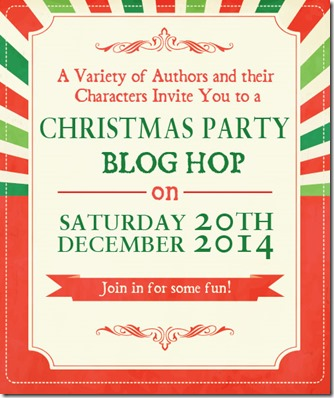
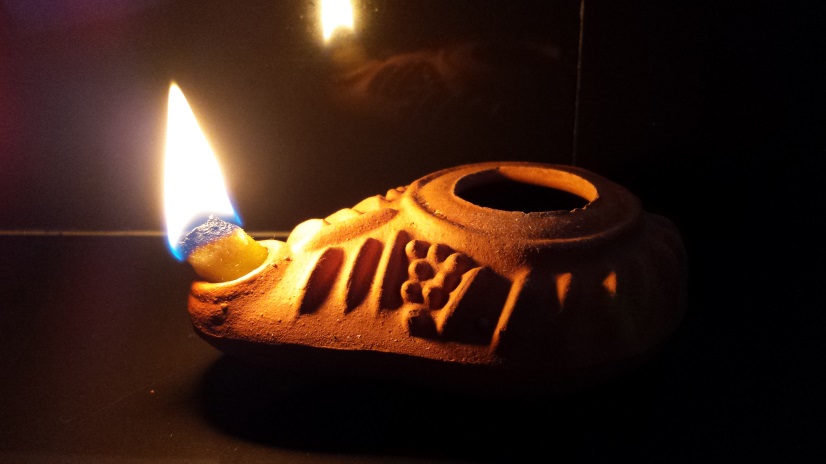 Tadugari is a high-ranking Ugaritic official, currently a refugee with his wife Anilat and the rest of their family following the sack of their city. Khuratsanitu is a personal guard.
Tadugari is a high-ranking Ugaritic official, currently a refugee with his wife Anilat and the rest of their family following the sack of their city. Khuratsanitu is a personal guard.